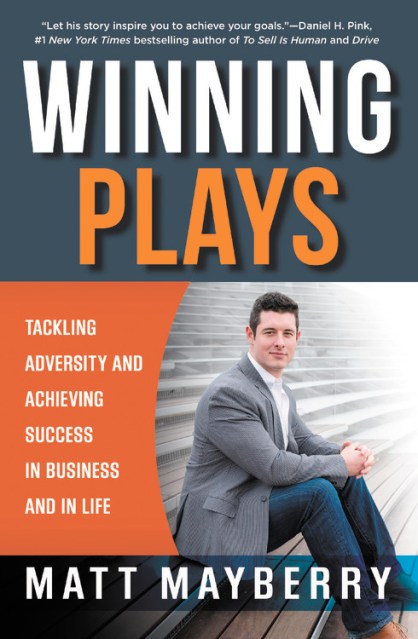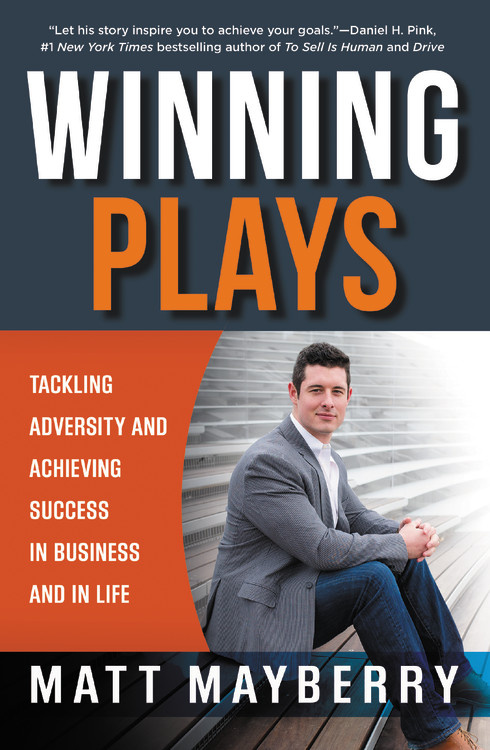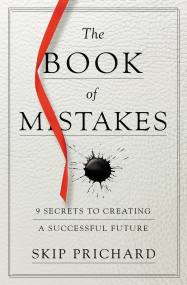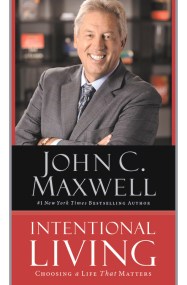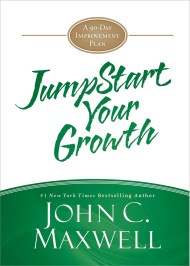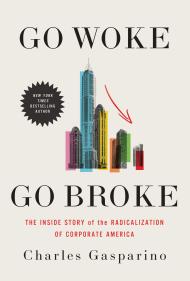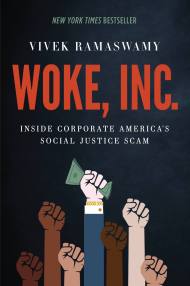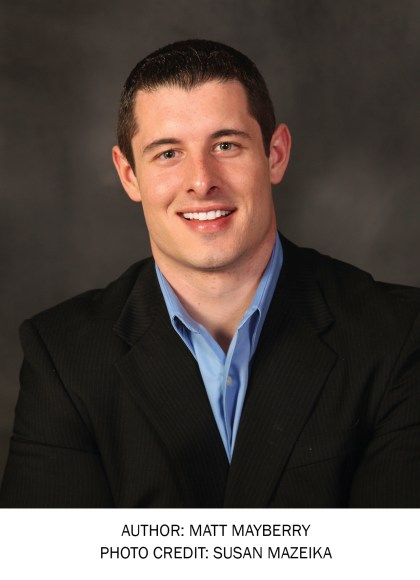By clicking “Accept,” you agree to the use of cookies and similar technologies on your device as set forth in our Cookie Policy and our Privacy Policy. Please note that certain cookies are essential for this website to function properly and do not require user consent to be deployed.
Winning Plays
Tackling Adversity and Achieving Success in Business and in Life
Contributors
Formats and Prices
- On Sale
- Jul 25, 2017
- Page Count
- 272 pages
- Publisher
- Center Street
- ISBN-13
- 9781455568277
Price
$19.99Price
$25.99 CADFormat
Format:
- Trade Paperback $19.99 $25.99 CAD
- ebook $9.99 $12.99 CAD
- Audiobook Download (Unabridged)
This item is a preorder. Your payment method will be charged immediately, and the product is expected to ship on or around July 25, 2017. This date is subject to change due to shipping delays beyond our control.
Buy from Other Retailers:
No one goes undefeated when playing the game of life. Matt Mayberry is no exception. He’s faced setbacks beyond his control and lots more he created himself. But even after conquering addiction, realizing his lifelong dream to play in the NFL, and then having it taken away from him in an instant, he came from behind yet again to achieve more success than ever before.
Sometimes we are knocked down-and even out-by circumstances within or beyond our control. That’s life. But these moments can be opportunities to tap into inner strength and start over. By sharing how he treated failure as a way to start over, Matt is now a nationally sought-after speaker and success coach to audiences of more than 100,000 people per year for Fortune 500 companies, NFL and NBA teams, government and nonprofit groups, professional associations, and universities. In WINNING PLAYS, he presents his strategies to survive and thrive in the real world, no matter what gets thrown your way.
Just as no football team can be successful without a solid game plan, you can’t be successful without one either. This book is full of Matt’s inspirational, motivational, and prescriptive advice, such as: be authentic, create opportunities, power through adversity, reaffirm your goals, rebuild, and many other strategies for developing your own personal game plan to succeed in business and in life.
Sometimes we are knocked down-and even out-by circumstances within or beyond our control. That’s life. But these moments can be opportunities to tap into inner strength and start over. By sharing how he treated failure as a way to start over, Matt is now a nationally sought-after speaker and success coach to audiences of more than 100,000 people per year for Fortune 500 companies, NFL and NBA teams, government and nonprofit groups, professional associations, and universities. In WINNING PLAYS, he presents his strategies to survive and thrive in the real world, no matter what gets thrown your way.
Just as no football team can be successful without a solid game plan, you can’t be successful without one either. This book is full of Matt’s inspirational, motivational, and prescriptive advice, such as: be authentic, create opportunities, power through adversity, reaffirm your goals, rebuild, and many other strategies for developing your own personal game plan to succeed in business and in life.
-
This is a fabulous book. How we respond to failure determines success more than anything else. It is something you can learn, and should learn, and nobody can teach you like Matt Mayberry can. Don't let your failures define you. Read this book and learn how to transform failure into the building blocks for a bigger future.Matthew Kelly, New York Times Bestselling Author of The Rhythm of Life and The Dream Manager
-
A brilliant, empowering look at the positive side of failure. Failure makes you stronger and better if you are willing to learn from it and thankfully, Matt shows us how.Jon Gordon, Bestselling Author of The Energy Bus and The Carpenter
-
Matt's ability to motivate, inspire, and lead people to becoming the best version of themselves is unbelievable!Stedman Graham, chairman & CEO of S. Graham & Associates, and a New York Times Bestselling Author
-
Matt Mayberry is the next big thing in the personal development world. And this book is going to once and for all shift the perspective people have about failure. Read WINNIG PLAYS; it'll change the way you think about setbacks forever!Rory Vaden, New York Times Bestselling Author of Take the Stairs
-
Athletes at the top level know best how to overcome adversity to turn their mess into a powerful message. Matt has done just this in sports and life, and this book will guide you in doing the same.Lewis Howes, New York Times bestselling author of The School of Greatness
-
WINNING PLAYS is a story of hope and renewal. Author Matt Mayberry has seen the highs and lows -- from drug addiction to an NFL career cut short -- and he knows what he's talking about when he writes about finding success in the ashes of failure. Let his story inspire you to achieve your goals.Daniel H. Pink, #1 New York Times bestselling author of To Sell Is Human and Drive
-
As Matt Mayberry's former teammate, I have seen him put to use all of the ideas and strategies within the pages of this book. He shows us how to turn failures into great opportunities. As an NFL veteran, I wish I had this book when I first started my career.Rodger Saffold, NFL veteran and offensive lineman for the Los Angeles Rams
-
If you think your failures are painful, you haven't met Matt Mayberry. His experiences with persevering in the face of adversity are full of inspiration and lessons for all of us.Adam Grant, Wharton professor and New York Times bestselling author of Originals and Give and Take
Newsletter Signup
By clicking ‘Sign Up,’ I acknowledge that I have read and agree to Hachette Book Group’s Privacy Policy and Terms of Use
